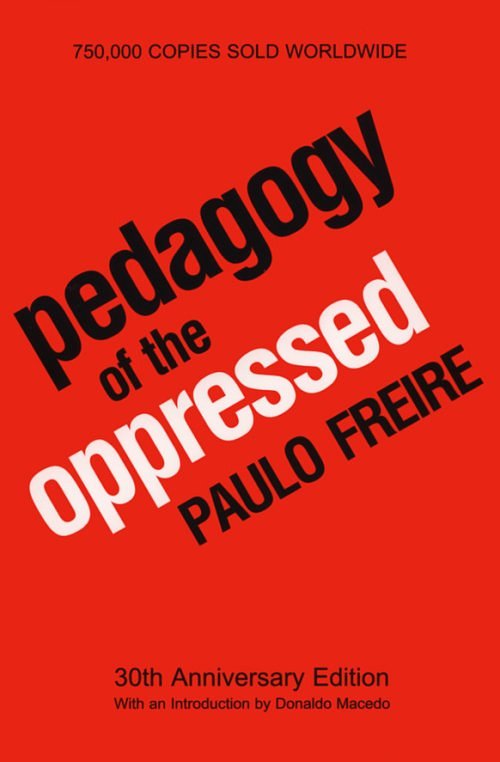Home
Focus Areas
About Us
When Sara Razavi came to the US from Iran as a 10-year-old with her family, "the idea that we would make all these sacrifices and then do the arts" was "just assumed that you would never do that."
But she majors in sociology and theater, has a master's in business, and is now CEO of Working Solutions, a California-based nonprofit that provides small-dollar loans to startups and early-stage businesses, NPR reports.
"I tried really hard to pivot out of nonprofits, but I had it really pegged in my mindset," she says.
"The fact that I found the CDFI space is really cool.
For a long time, I kept the theater talk limited.
But I find I draw on it quite a bit because theater is such a collaborative art, and I am talking more about the collaborative nature of theater.
And how good theater does not happen by any one person alone.
And an organization does not run by one person alone.
If you think about that, my interdisciplinary learning might not be out of the norm and hopefully becomes more the norm."
Selected Grant News Headlines
A customized collection of grant news from foundations and the federal government from around the Web.
Emporia Area Chamber of Commerce and Ignite Emporia embody these values through a proactive approach to creating an environment for business and community success.81% of adults consider their local...more
The Creative Capital Foundation selected 55 artists and collectives for its annual grant award from a pool of over 5,600 applicants.Each grant provides $50,000 of unrestricted project funding...more
Kindle Farm School is a therapeutic day school serving 50 students in grades 3-12.One hundred percent of Kindle Farm's student body is comprised of students who qualify for special education within...more
Creative Sonoma's leadership benefits schools and artists in the county.A grant program provides funding for school districts to create strategic arts plans.The Emerging Artists Incubator at the...more
The impact of philanthropy in London: A legacy of giving | London Daily News.From historical figures to modern-day benefactors, philanthropy has played a crucial role in addressing social challenges...more
Innovative ideas from Plymouth County youth earn $2,500 grant for community improvement.The project is designed to provide youth with opportunities to learn about community development and how their...more
The foundation supports local nonprofits, schools and community groups in the areas of community development, environment, education, aging in place, business development, arts and culture and youth...more
TTI Boss Lizwe Mabuza: The Philanthropic Visionary Driving Bulawayo's Social Responsibility Agenda.Chairman of Tendy Three Investments (TTI), championing the cause of youth empowerment and broader...more
Corporate Social Responsibility (CSR) refers to businesses' commitment to ethical practices, sustainability, and community development.CSR has deeper implications for business growth, customer...more
Foundation: Oklahoma City Community Foundation
Love's Co-Founder Judy Love Passes Away at the age of 87.Love leaves a profound legacy of philanthropy and community development initiatives for Love's and the c-store industry as a whole.Love was...more
Community Building News from...
Wells Fargo Foundation
New Hampshire Charitable Foundation
Community Foundation of Southeast Kansas
Dallas Foundation
Oak Park-River Forest Community Foundation
Greater Washington Community Foundation
Rhode Island Foundation
Community Foundation for Greater Atlanta
California Community Foundation
Arizona Community Foundation
Social Entrepreneurship
Spotlight
Why This Book Needs to be Read By Every Social Entrepreneur

Pedagogy of the Oppressed, a 1970s book by author Paulo Freire, envisions a world not as a given reality, but as “a problem to be worked on and solved.” That mentality is often applied to the greatest social entrepreneurs.









